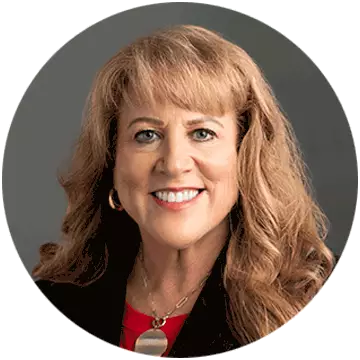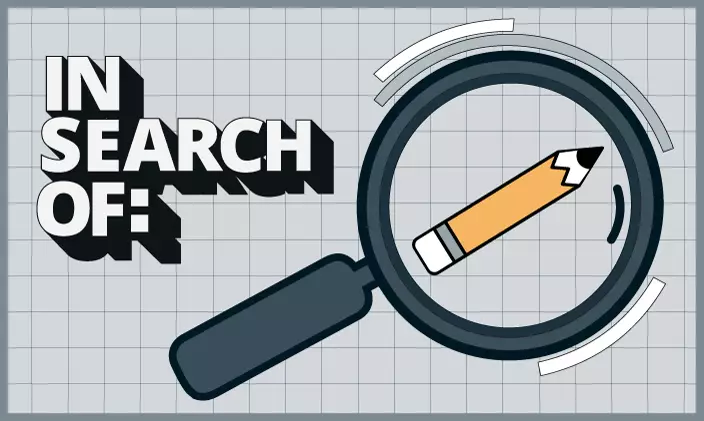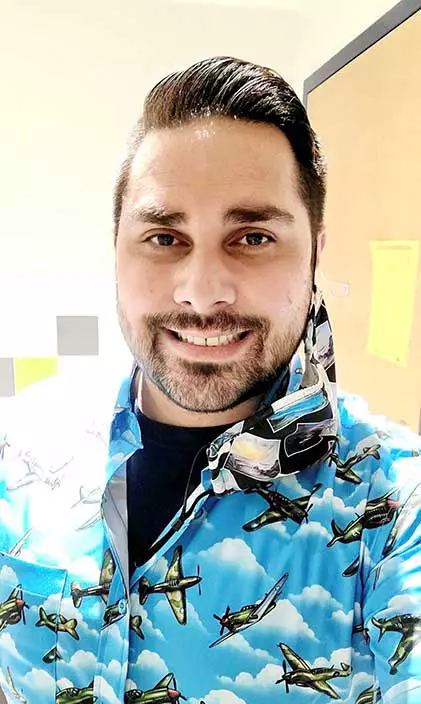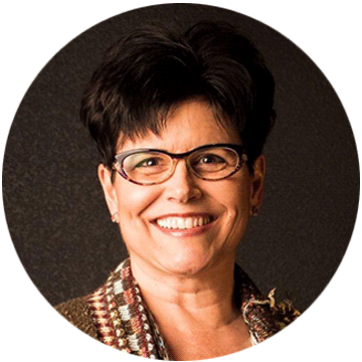In search of elementary education skills

Written by Laurie Davies

Reviewed by Pamela M. Roggeman, EdD, Dean, College of Education

A beautifully run elementary school classroom is a work of art. It’s a science too, as today’s elementary school teachers are tasked with delivering much more than instruction in reading, writing and arithmetic.
Elementary educators address the social and emotional needs of students; they understand different learning styles and cultures; and they troubleshoot difficult problems. At times they, approach each of these challenges through the lens of a classroom teacher, which is necessarily different from the lens of a parent, a peer or an administrator.
Today, these challenges arise against the backdrop of a K-12 education system that is still adapting to a COVID-19 world — one in which some estimates place students anywhere from four to 12 months behind, with students of color estimated to be on the higher end of this learning gap.
It takes a special person to lead an elementary school classroom. If you’ve got the passion and the talent, statistics suggest you may be entering the profession right on time. The U.S. Bureau of Labor Statistics projects little to no job growth from 2022 to 2032 in this field. However, a January 2022 National Education Association (NEA) survey found that 55% of educators were ready to leave the field earlier than they had planned. That was up from 37% in August 2021.
Also according to the NEA, the ratio of hires-to-job openings in education has reached new lows, with 0.57 hires for every open position.
In other words, staffing shortages — exacerbated by pandemic-related pressures — have arrived. Elementary educators with the right skills may be able to step into this gap.
BLS Occupational Employment Projections, 2022-2032 is published by the U.S. Bureau of Labor Statistics. This data reflects BLS’ projections of national (not local) conditions. These data points are not specific to University of Phoenix students or graduates.
Top skills in elementary education
Believe it or not, the top skill needed to succeed in elementary school education may not be impeccable lesson-planning or even artful classroom management.

“When I sat in on hiring committees and worked with new teachers, I looked for passion,” says Lisa Ghormley, an associate dean in University of Phoenix’s College of Education.
Logan Logsdon (MAEd, 2021) is a fourth-grade teacher at Leman Academy in Marana, Arizona, and he couldn’t agree more. “You have to have a passion for teaching this next generation — you have to have a heart to see them succeed. You can’t just fake that."
Ghormley says there are “dispositional skills” that successful elementary teachers share. These include:
- Communication
- Patience
- Creativity
- Confidence
- Dedication
- Conflict resolution
- Organization
- Leadership
- Adaptability
College of Education Dean Pamela Roggeman says “with-it-ness” is another way to think about dispositional skills. “Teachers often have these or they don’t,” she says.
Take dedication, for example. “Contrary to some beliefs that teachers work 8 a.m. to 3 p.m. with summers off, you don’t. You work nights and weekends and your sole reason for doing it is you want to help kids. That’s dedication,” she says.
Logsdon says adaptability and confidence have been critical in his first three years as a teacher. “I have learned that a kid might be off task, or something might come that requires I be super flexible in teaching my lesson,” he says.
For Logsdon, though, confidence has been a game-changer. It’s a skill, he says, that was bolstered when he pursued his elementary education degree online at University of Phoenix.
“If you don’t have confidence in this field, you’re not going to be able to stand up in front of 20 or 30 kids each day. Coming into this, I had a lot of experience with public speaking from being in the University of Phoenix realm. If you don’t build up that experience, you’re probably going to struggle early on. Speaking in front of others is not going to be the most comfortable thing you do.”
Never enough skills
If an elementary teacher has a good handle on dispositional skills, the next bucket of skills — called hard skills — can often be taught, Roggeman says. Hard skills include things like lesson planning, classroom management and curriculum development.
There’s one more set of skills that teachers need in order to teach effectively. They’re called pedagogical skills. It’s not as intimidating as it sounds: Pedagogy is simply the science of teaching and learning. It’s taught in formal education programs, like the degree programs at University of Phoenix.
Pedagogy involves:
- Having an understanding of how children learn
- Knowing your curriculum and your standards
- Understanding how to make learning developmentally appropriate, approachable and challenging
- Being able to assess student learning
- Knowing how to reflect on student performance and grow from that reflection
How to get up to speed
So, perhaps you’re starting to think elementary education might be the perfect fit for you. Where do you start? “It depends on how fast you want to get into the classroom,” Roggeman says.
If you’re just beginning your undergraduate education, enrolling in a Bachelor of Science in Education/Elementary Education program is your starting point.
If you earned a bachelor’s degree in a non-teaching-based field, alternative licensure programs — those that allow students to teach full time (also called the teacher of record) while enrolled in a state-approved program — may be for you.
Some prefer to focus on a Master of Arts in Education program, specializing in elementary education.
What's the best way to prepare?
Roggeman says she has had many teacher candidates who have done well with the alternative licensure route — especially in school districts that have high-quality first- and second-year teaching mentorship programs.
That said, in her view, there’s no substitute for an educational experience that culminates in student teaching at the end of the program. “You have 100 clinical hours leading up to a 12-week student teaching experience, and you’re experiencing mentorship for those three months,” she says.
Diversity in the classroom
Addressing the diverse needs of students is another critical area of importance in America’s classrooms. Well before social unrest during the summer of 2020 focused educators’ sights on the need for diversity, equity and inclusion (DEI) in instruction, University of Phoenix’s College of Education saw the need.
In 2017, the College of Education established a diversity council. “We recognized the need to get input on how we can address the needs of our diverse students,” Roggeman says.
The College partnered with Kimberly Underwood, PhD, chair for the Center for Workplace Diversity and Inclusion Research (CWDIR) at University of Phoenix. “She took us through the basic principles of DEI in the workplace and education settings,” Roggeman says.
As a result, the College of Education:
- Evaluated and revised its conceptual framework to expand beyond diversity and include equity and inclusion — using research to define how each of those terms was used
- Created DEI training for the College’s faculty
- Took a small group thorough the training and learned from them
From there, College of Education leadership has identified the best places to embed DEI in curriculum and has brought in speakers to ensure diversity council members continue to learn about DEI developments in the workplace.
“I feel like we got a jump on it early,” Roggeman says. “We have requirements now where our students need to be in diverse settings.” She knows these efforts will help University of Phoenix students to have a leg up in the real world.
From bachelor’s degrees, to master’s degrees to doctoral degrees, University of Phoenix has got you covered!

ABOUT THE AUTHOR
A journalist-turned-marketer, Laurie Davies has been writing since her high school advanced composition teacher told her she broke too many rules. She has worked with University of Phoenix since 2017, and currently splits her time between blogging and serving as lead writer on the University’s Academic Annual Report. Previously, she has written marketing content for MADD, Kaiser Permanente, Massage Envy, UPS, and other national brands. She lives in the Phoenix area with her husband and son, who is the best story she’s ever written.

ABOUT THE REVIEWER
Currently Dean of the College of Business and Information Technology, Kathryn Uhles has served University of Phoenix in a variety of roles since 2006. Prior to joining University of Phoenix, Kathryn taught fifth grade to underprivileged youth in Phoenix.
This article has been vetted by University of Phoenix's editorial advisory committee.
Read more about our editorial process.
Read more articles like this: